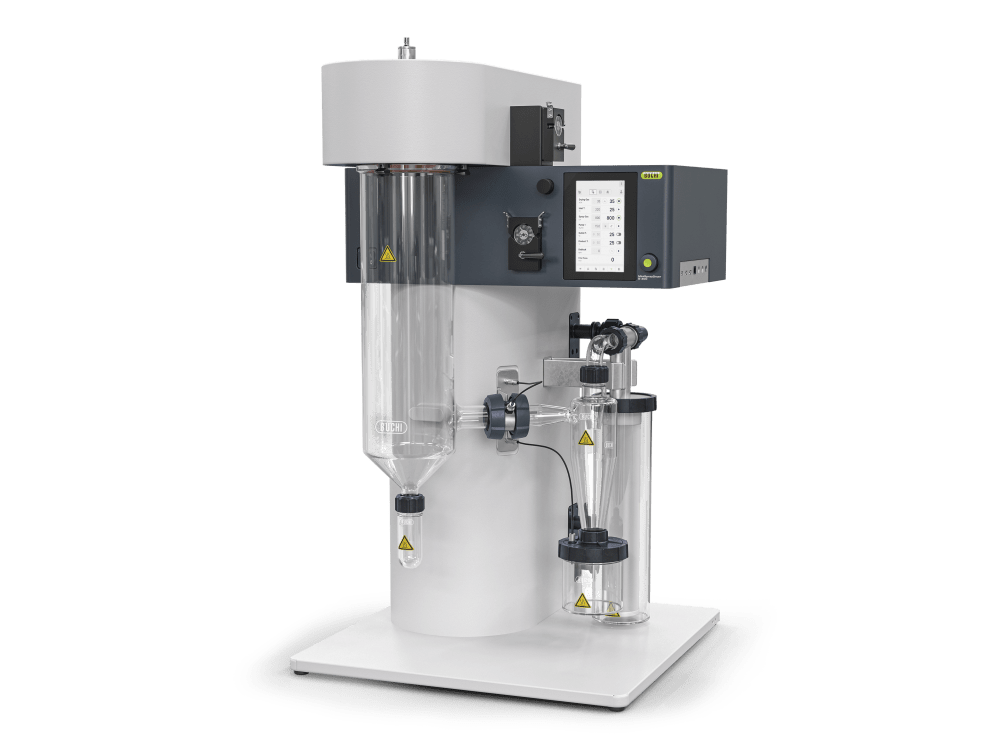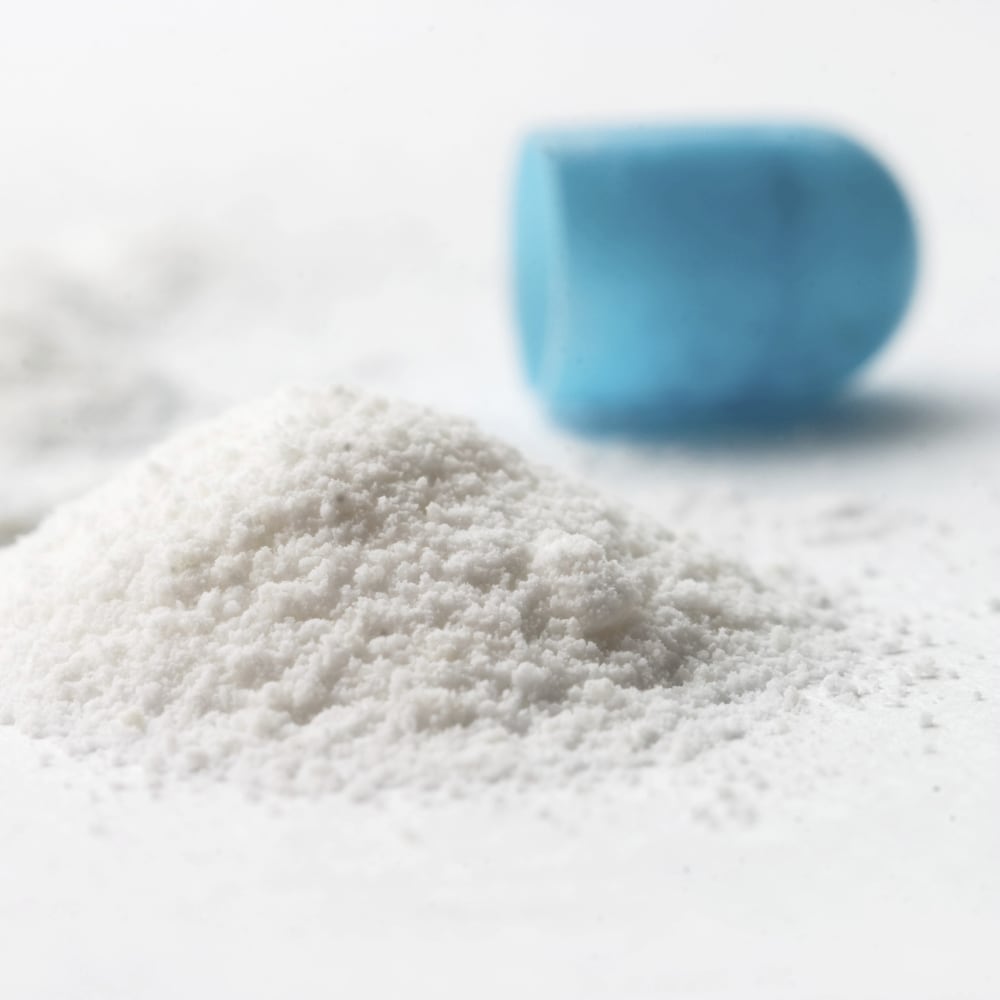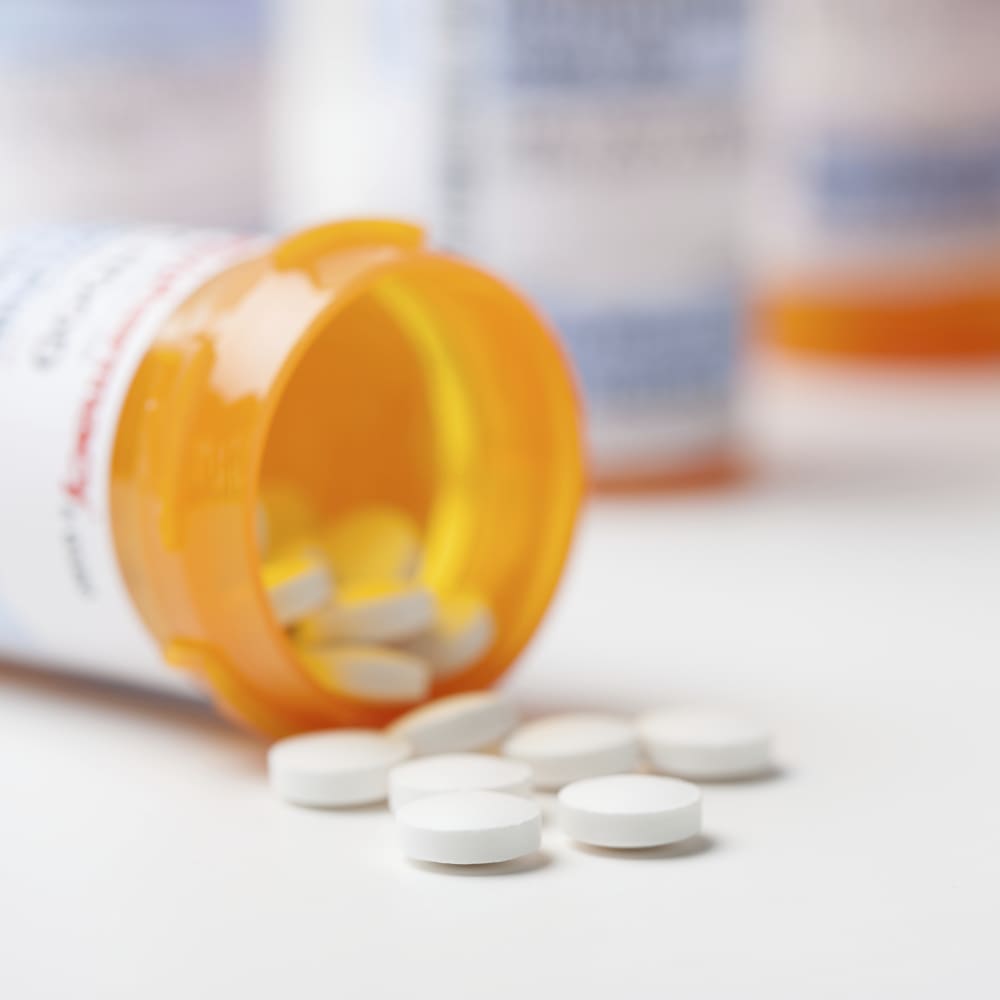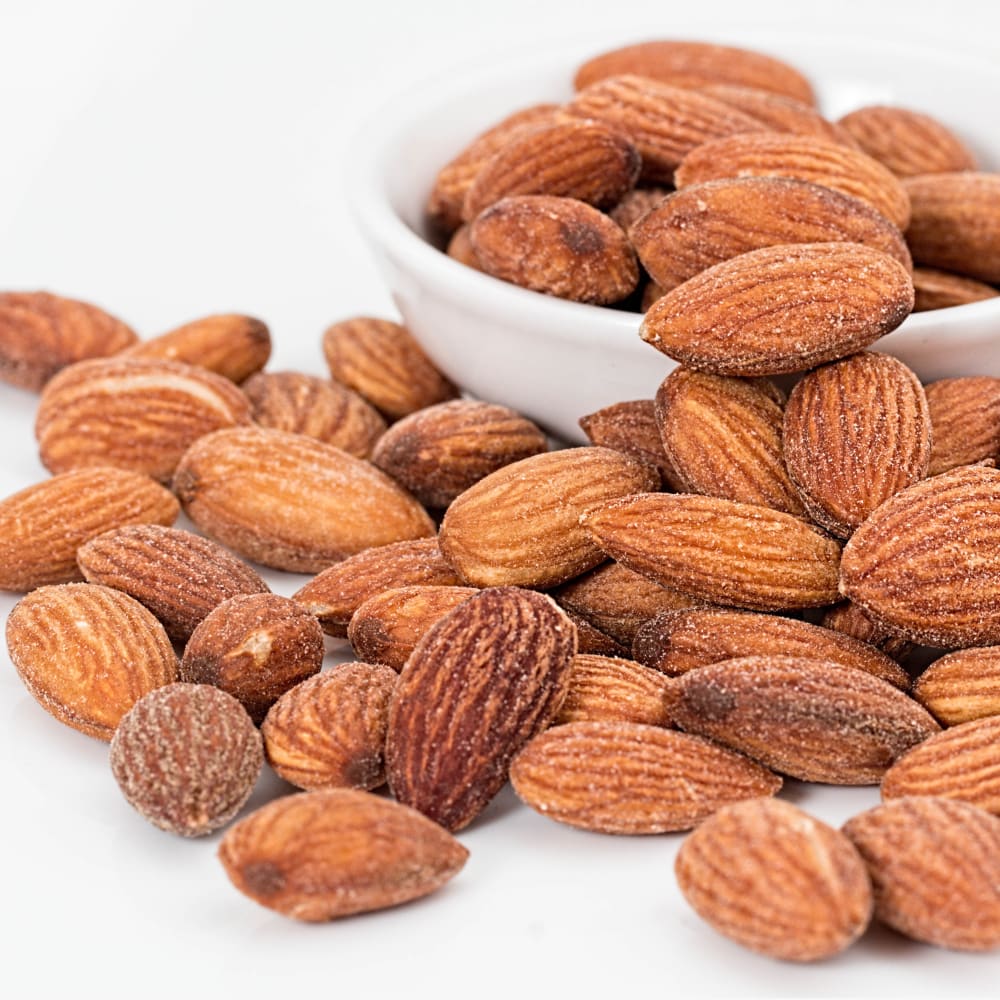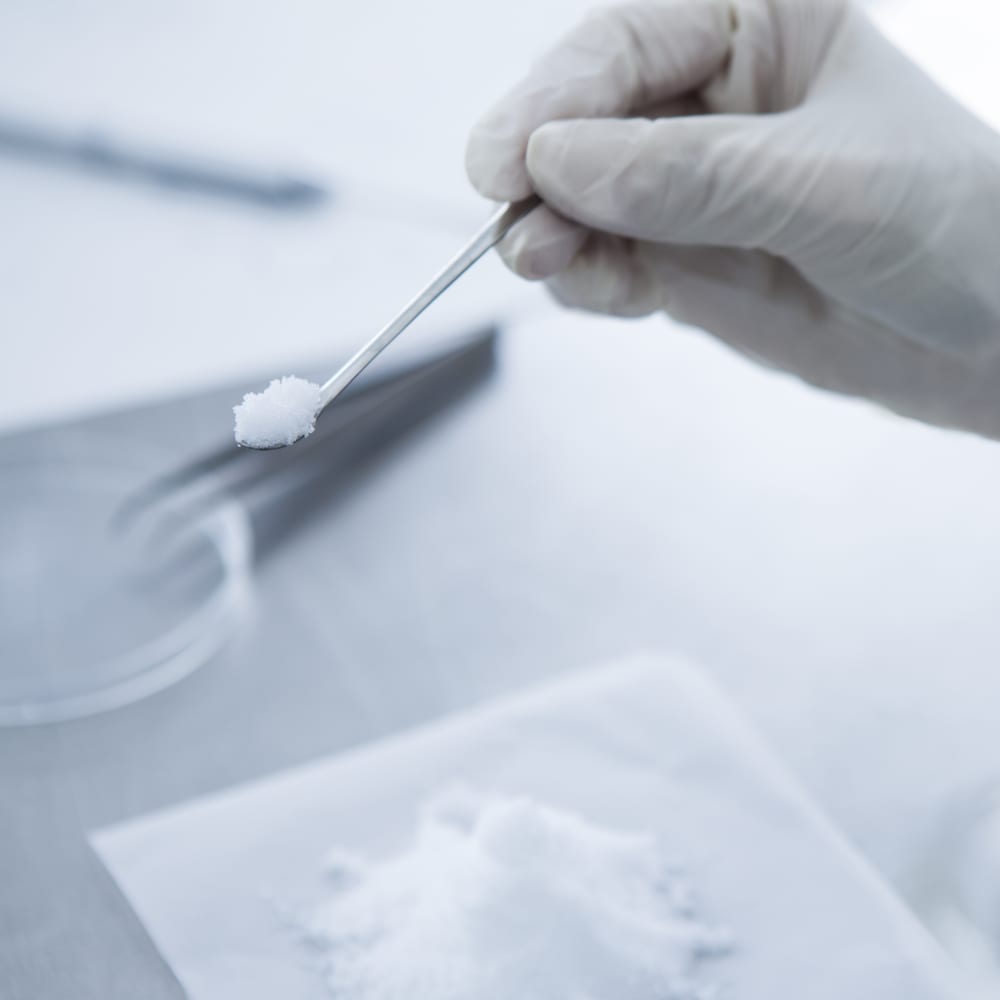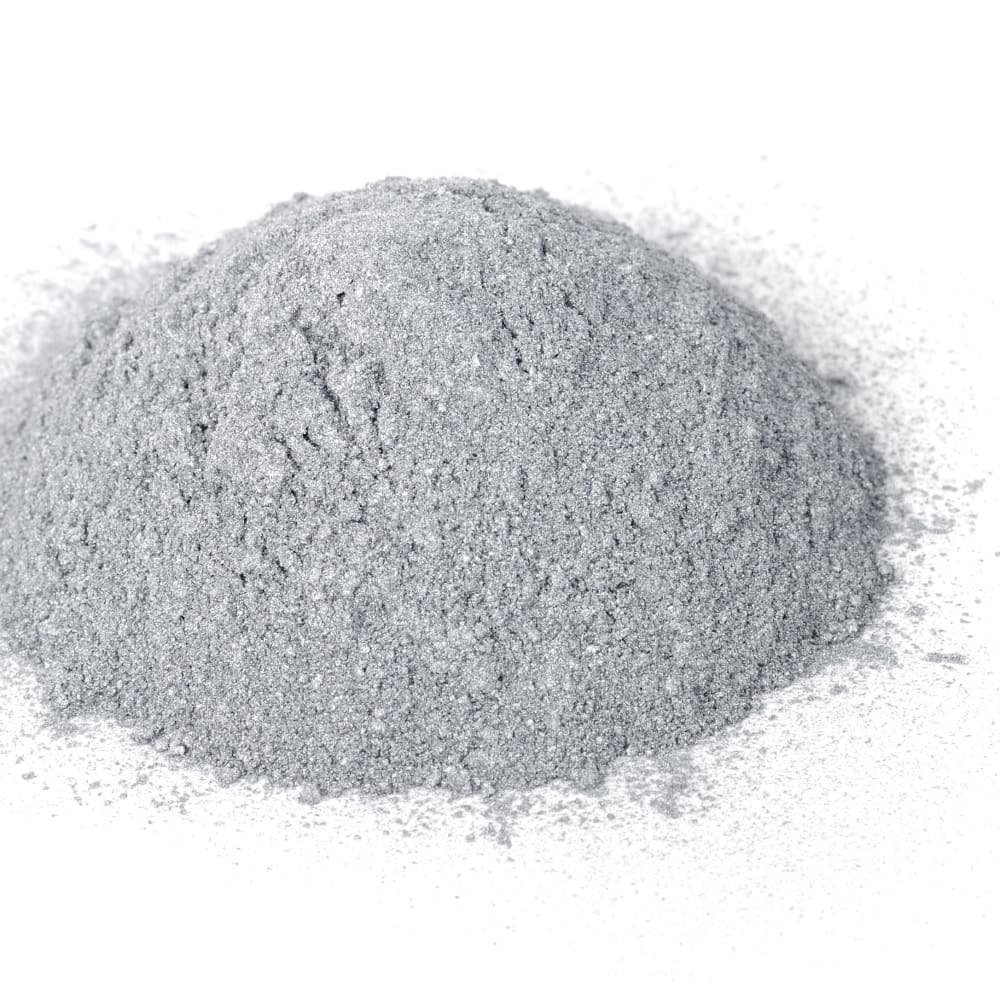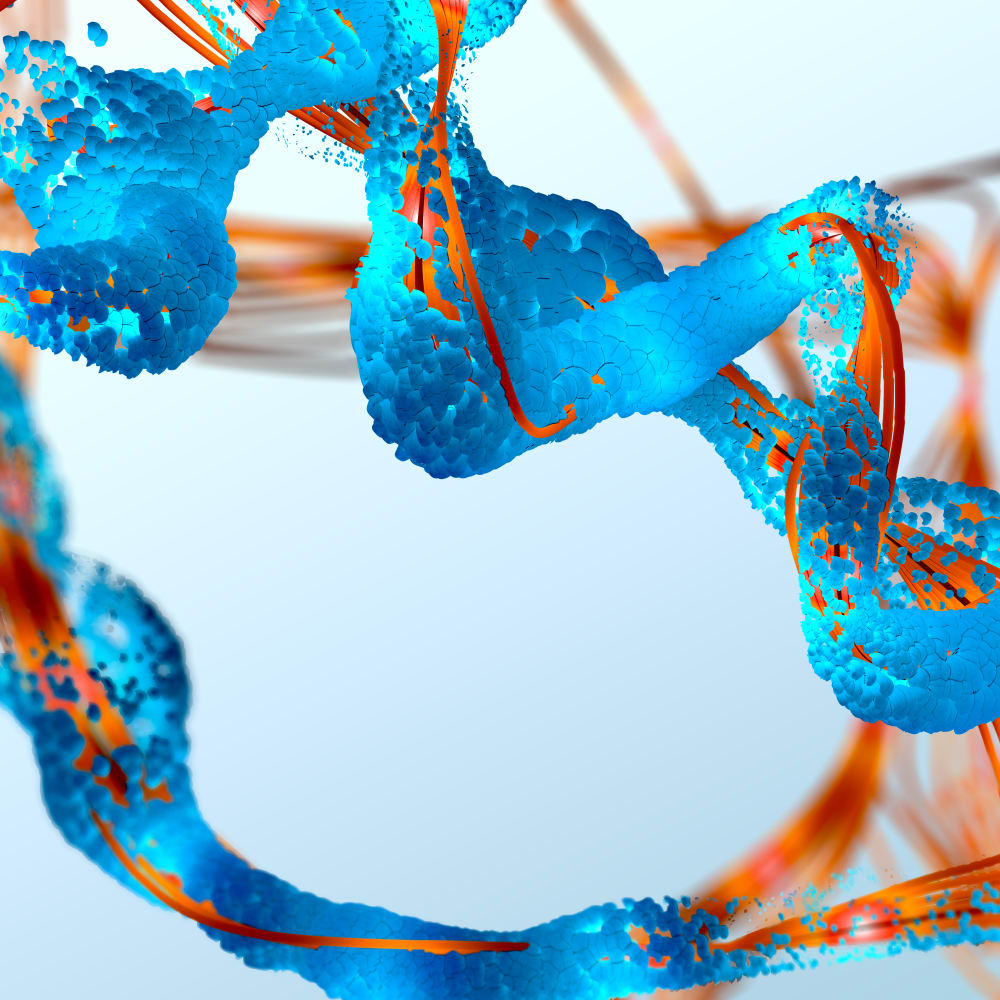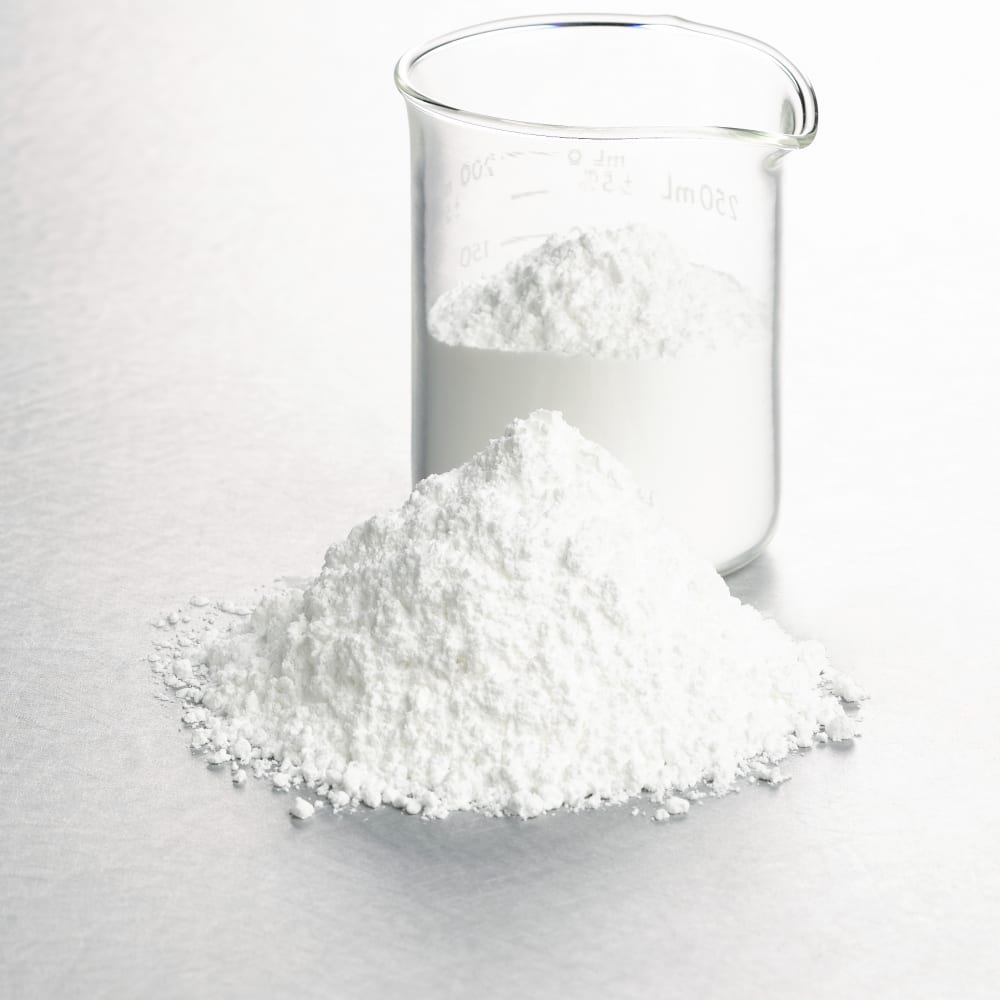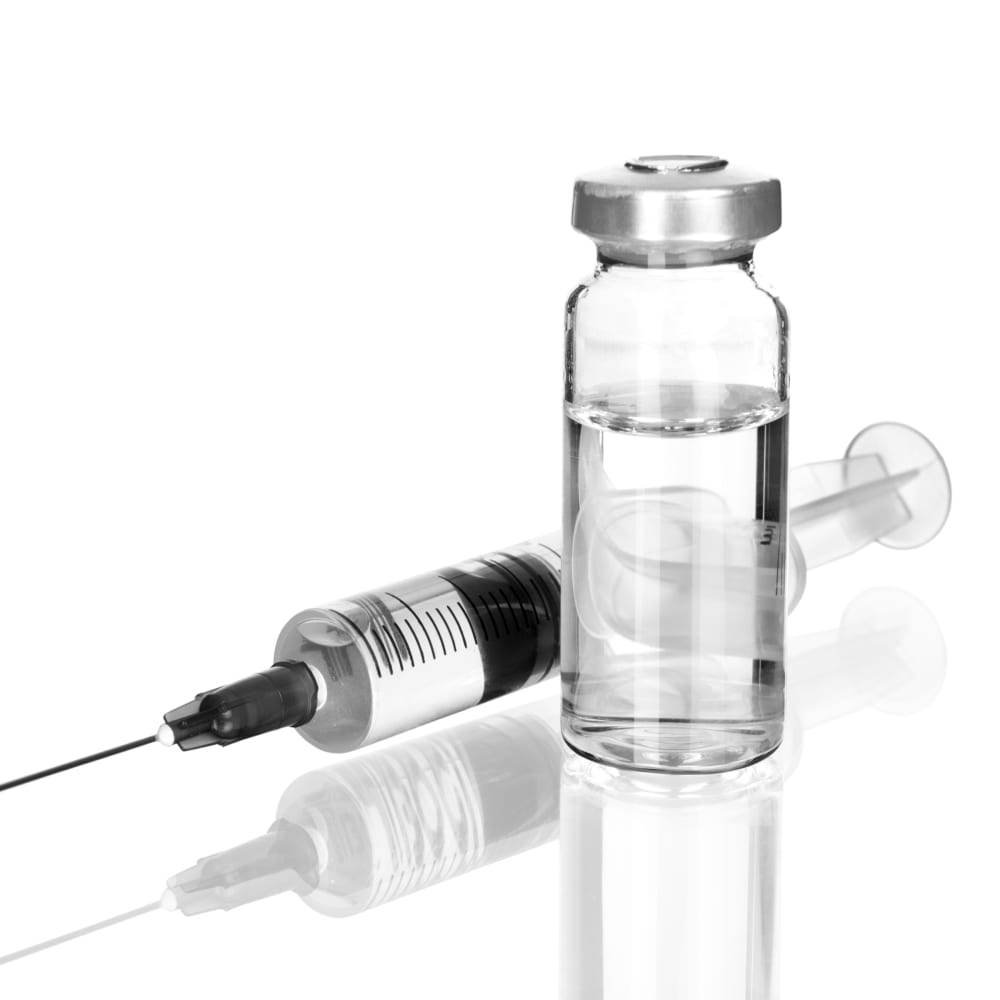Spray Drying of Fluconazole
Spray Drying of Fluconazole with the Mini Spray Dryer B-290
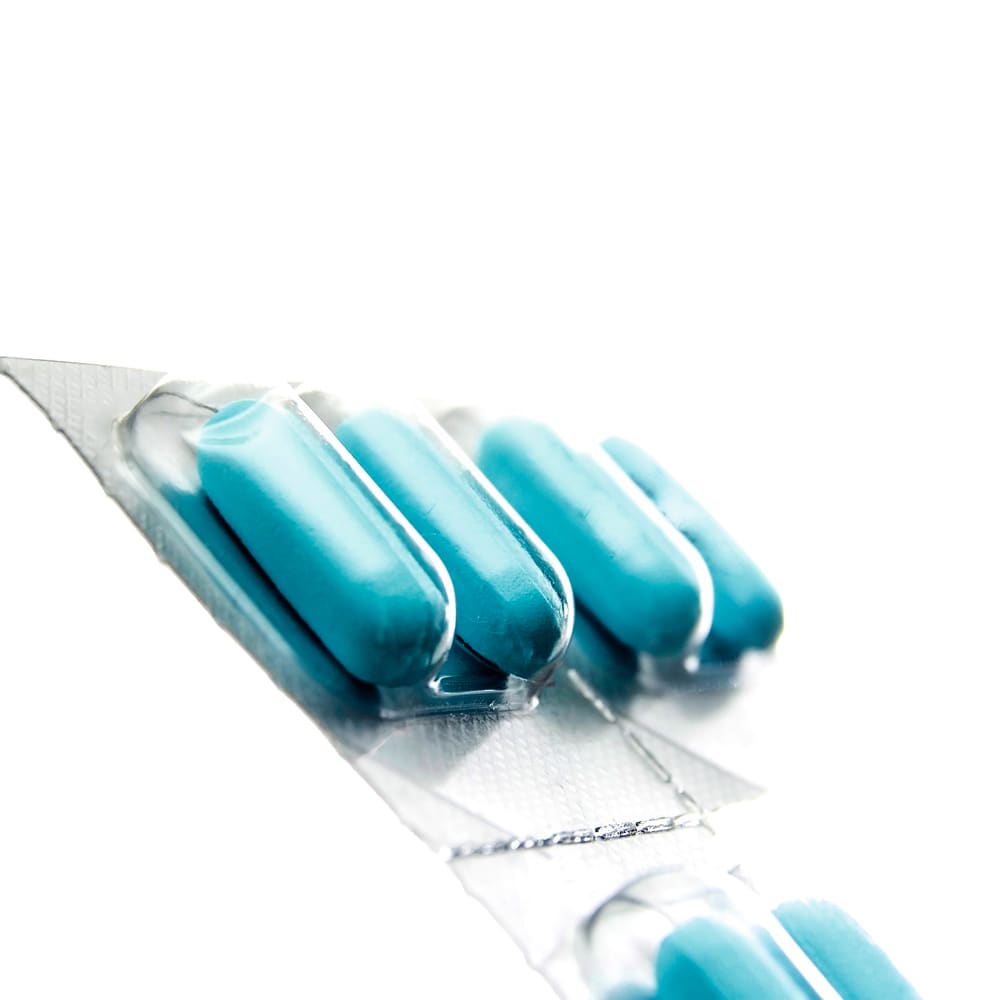
Spray drying is a widely used process in the pharmaceutical industry for the production of dry powder formulations of drugs. Fluconazole, a broad-spectrum antifungal medication, has been extensively studied for its spray drying characteristics.
Spray drying of fluconazole involves atomization of a solution or suspension of the drug in a carrier material, followed by evaporation of the solvent, and collection of the dried powder. This process can improve the stability, solubility, and bioavailability of the drug, which can enhance its therapeutic efficacy.
The spray-dried fluconazole powder has various applications, including in the formulation of tablets, capsules, and other oral dosage forms. It has also been investigated for its use in inhalation therapy, where the powder is aerosolized and administered directly to the lungs for the treatment of pulmonary fungal infections.
Overall, spray drying of fluconazole is a promising approach for the formulation of dry powder dosage forms of the drug, with potential applications in various therapeutic areas, including dermatology, ophthalmology, and respiratory diseases.
Please see the application note No. 513 for starting parameters, formulations and some results.

